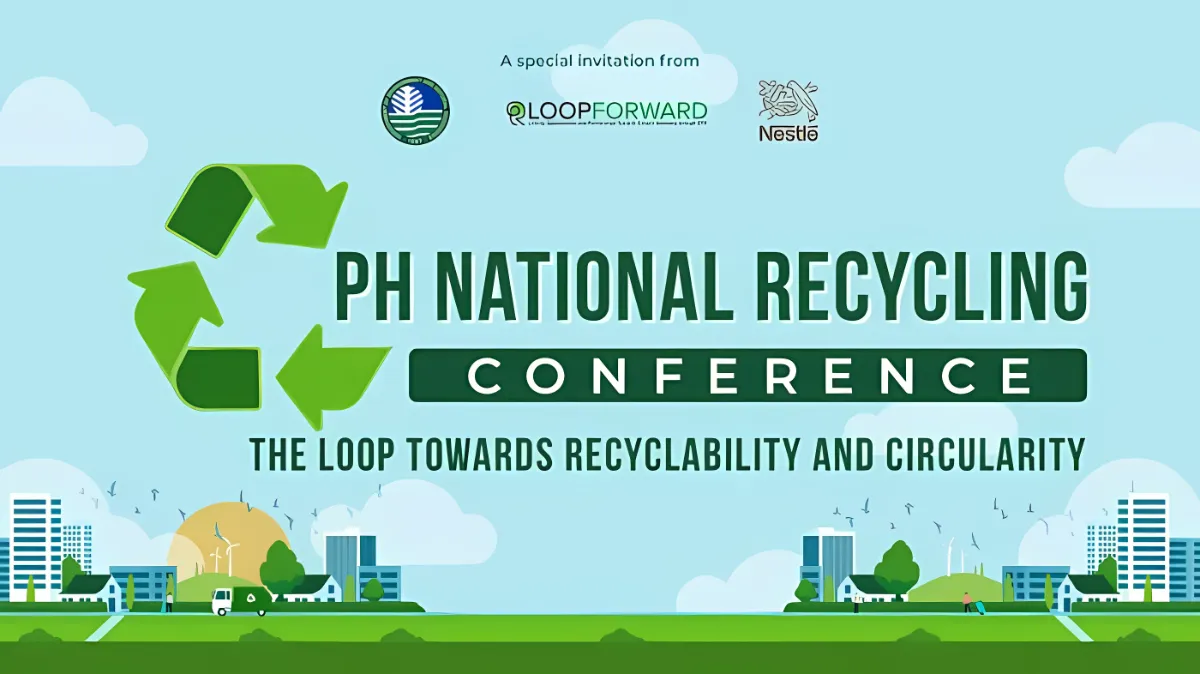In a revealing study by Utility Bidder, a UK-based independent organization, the Philippines has been identified as the leading contributor to marine plastic waste globally, with an alarming 350,000 tons of plastic entering the ocean each year. This not only represents a significant environmental threat but also highlights a substantial loss in economic value, with the World Bank estimating a 78% loss in the material value of the country’s plastics supply chain, amounting to $890 million annually. Moreover, the nation faces an 85% gap in recycling capacity, signaling a critical need for infrastructural development in plastic waste management.
An Opportunity Amidst Crisis
For forward-thinking investors, these daunting figures reveal a silver lining: the opportunity to establish large-scale plastic recycling infrastructures. Such ventures not only promise financial returns but also offer a chance to contribute to resolving a pressing environmental issue. By reprocessing plastic waste into valuable materials for manufacturing, these initiatives can help mitigate the adverse impacts of plastic pollution on both the environment and human communities.
Pioneering a Circular Economy
The concept of a circular economy, where waste is not just eliminated but also repurposed into productive use, is gaining traction in the Philippines. The Department of Environment and Natural Resources (DENR), in partnership with Nestlé Philippines, underscores this commitment by hosting the “Philippine National Recycling Conference: The Loop Toward Recyclability and Circularity” in February 2024. This event aims to foster dialogue among investors, waste management businesses, and government agencies on the challenges and opportunities in enhancing the nation’s recycling capabilities and the availability of recycled packaging materials.
Extended Producer Responsibility (EPR): A Legislative Leap
The EPR Act, enacted in 2022, mandates that companies, particularly those with assets over P100 million, take responsibility for the plastic waste generated from their products through to the post-consumer stage. This includes obligations to collect plastic waste and adhere to regular reporting requirements, aiming to cultivate a circular economy ethos. Following this, DENR and Nestlé PH have spearheaded roundtable discussions to facilitate the sharing of insights and strategies to comply with EPR mandates, highlighting the need for local investment in waste recovery and recycling infrastructures.
Integrating the Informal Sector
A significant portion of recycling efforts in the Philippines has traditionally relied on the informal sector. The upcoming conference aims to emphasize the importance of integrating these workers into the formal waste management system, which is crucial for both poverty mitigation and the enhancement of recycling efficiency. Expert panels and design thinking sessions at the conference will delve into the recyclability of flexible plastic packaging and its transformation potential, especially into food-grade materials.
Conclusion
The Philippines stands at a critical juncture, facing a monumental challenge in its battle against plastic waste. However, within this crisis lies a profound opportunity for innovation, investment, and international collaboration. By fostering a circular economy, the nation can turn its plastic predicament into a pathway towards sustainable development, environmental preservation, and economic growth. The upcoming national recycling conference symbolizes a pivotal step in this journey, inviting stakeholders from various sectors to contribute to a more sustainable and resilient future.
Frequently Asked Questions:
Q: What is the significance of the Philippine National Recycling Conference? A: The conference serves as a crucial platform for discussing the establishment of plastic recycling facilities and enhancing the supply of recycled packaging materials in the Philippines.
Q: How does the EPR Act affect companies in the Philippines? A: Companies with significant assets are now required to manage the plastic waste from their products, aiming to foster a circular economy through waste collection and recycling initiatives.
Q: Why is integrating the informal sector into waste management important? A: Involving the informal sector helps improve the efficiency of recycling processes and supports poverty mitigation efforts by providing formal employment opportunities in waste management.



